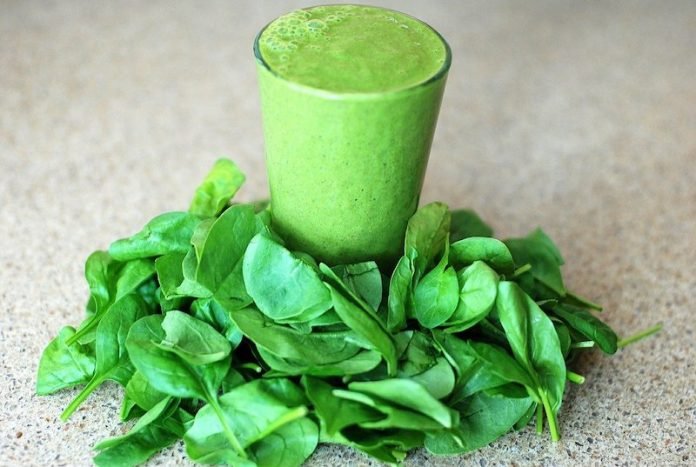
In a new study from New Edith Cowan University, researchers found that by eating just one cup of nitrate-rich vegetables each day people can strongly reduce their risk of heart disease.
In the study, the team tested whether people who regularly ate higher quantities of nitrate-rich vegetables, such as leafy greens and beetroot, had lower blood pressure, and it also examined whether these same people were less likely to be diagnosed with heart disease many years later.
Cardiovascular diseases are the number one cause of death globally, taking around 17.9 million lives each year.
Researchers examined data from over 50,000 people residing in Denmark taking part in the Danish Diet, Cancer, and Health Study over a 23-year period.
They found that people who consumed the most nitrate-rich vegetables had about a 2.5 mmHg lower systolic blood pressure and between 12 to 26 percent lower risk of heart disease.
The greatest reduction in risk was for peripheral artery disease (26%), a type of heart disease characterized by the narrowing of blood vessels of the legs, however, they also found people had a lower risk of heart attacks, strokes and heart failure.
The results showed that by simply eating one cup of raw (or half a cup of cooked) nitrate-rich vegetables each day, people may be able to strongly reduce their risk of heart disease.
The team says people don’t need to be taking supplements to boost their nitrate levels because the study showed that one cup of leafy green vegetables each day is enough to reap the benefits for heart disease.
They did not see further benefits in people who ate higher levels of nitrate-rich vegetables.
The team says hacks such as including a cup of spinach in a banana or berry smoothie might be an easy way to top up our daily leafy greens.
If you care about nutrition, please read studies about these 9 common food may be key to healthy aging and findings of common food oil in the U.S. could causes gene changes in the brain.
For more information about nutrition and your health, please see recent studies about adding these foods to your daily meals may help prevent cancer and results showing that unhealthy diet linked to this blinding eye disease in older people.
The study is published in the European Journal of Epidemiology. One author of the study is Dr. Catherine Bondonno.
Copyright © 2021 Knowridge Science Report. All rights reserved.



